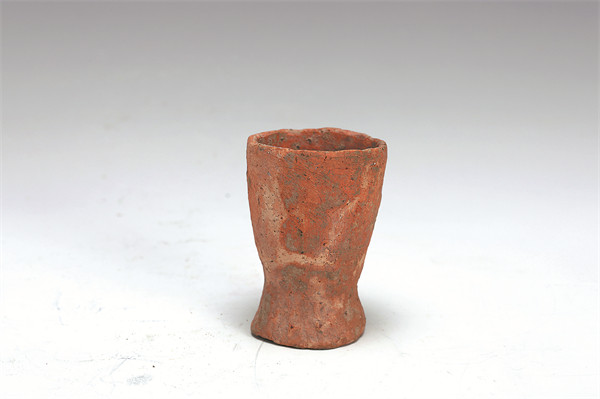

The academic community used to believe that complex social structures supported by a rice-farming economy were formed in the mid to late Neolithic period, exemplified by Zhejiang's Liangzhu culture which thrived around 5,300 to 4,300 years ago.
The discovery at Xiatang has pushed the starting point of social differentiation much further back, says Wang Wei, a veteran CASS archaeologist.
Supported by the National Cultural Heritage Administration, Zhejiang, Hunan and Jiangxi provinces jointly started a research program in 2022 to study the formation of early rice farming societies in the middle and lower reaches of the Yangtze River. The Xiatang site has been included into this program since 2023.
According to Zhong, further excavations at the Xiatang site are planned for the next five years. This year, efforts will be focusing on uncovering parts of the earthen platforms to the east of the central terrace to thoroughly study their contents, layout and function.